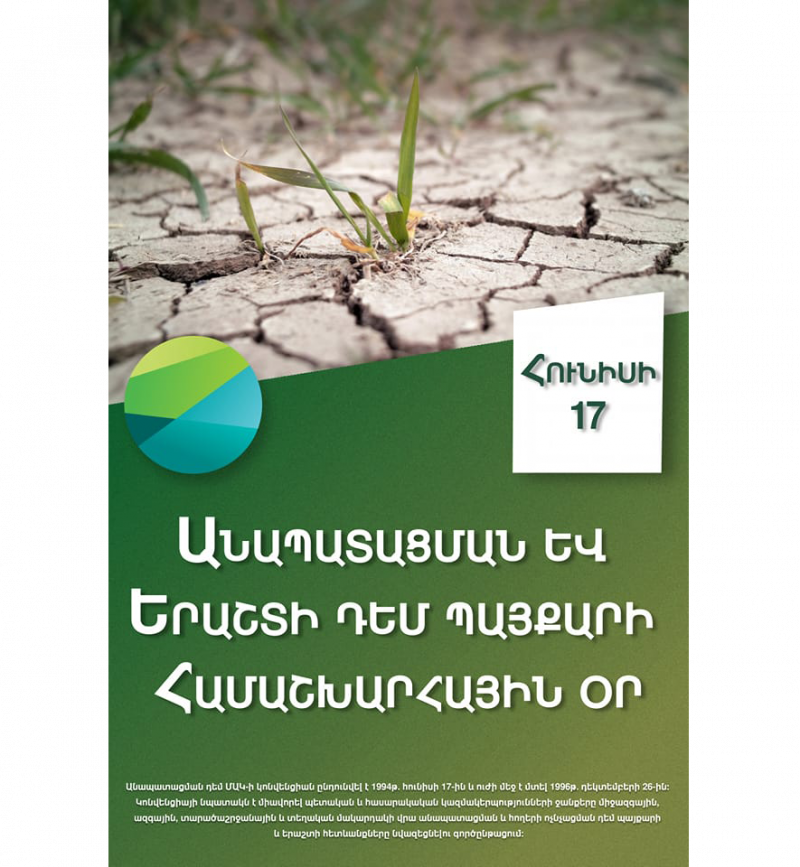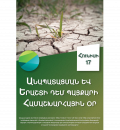June 17 is celebrated worldwide as the World Day to Combat Desertification and Drought.
This day was established by the United Nations General Assembly in 1995 with the aim of raising global awareness of the socio-economic and ecological challenges caused by desertification, land degradation, and prolonged drought.
What is desertification and why is combating it important?
Desertification is a process of land degradation occurring primarily in arid and semi-arid, where soils lose their fertility and productivity due to the combined effects of climate change and unsustainable human activities.
This phenomenon is global in scale, posing a significant threat to the livelihoods and food security of millions of people.
According to estimates:
Every year, about 24 million hectares of land around the world become unusable,
More than 2 billion people live in areas affected by land degradation,
Desertification contributes to biodiversity loss, poverty and forced displacement,
Drought, as one of the most severe consequences of climate change, not only threatens agricultural production but also has profound impacts on water resources, atmospheric stability and human health.
What can we do?
Promote sustainable land use practices that maintain soil fertility and prevent erosion,
Implement afforestation and restoration projects to establish biodiversity barriers against desertification,
Enhance water conservation efforts and adopt modern irrigation technologies,
Raise public awareness and provide education at all levels, from schools to local communities,
Foster international cooperation alongside local initiatives to preserve and strengthen the vital resources of affected communities.



